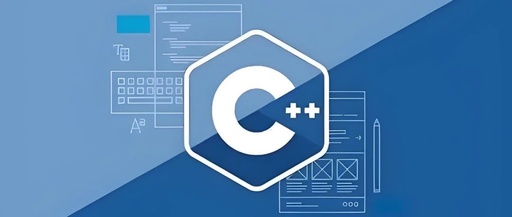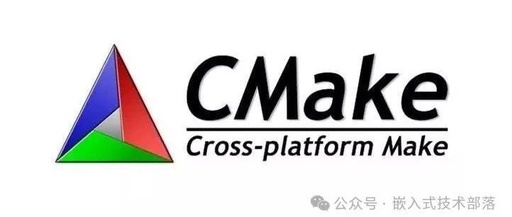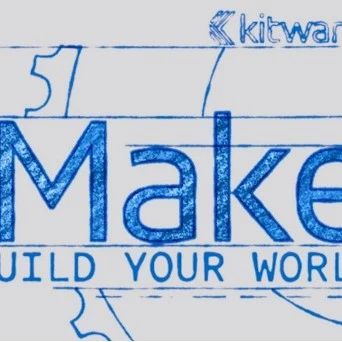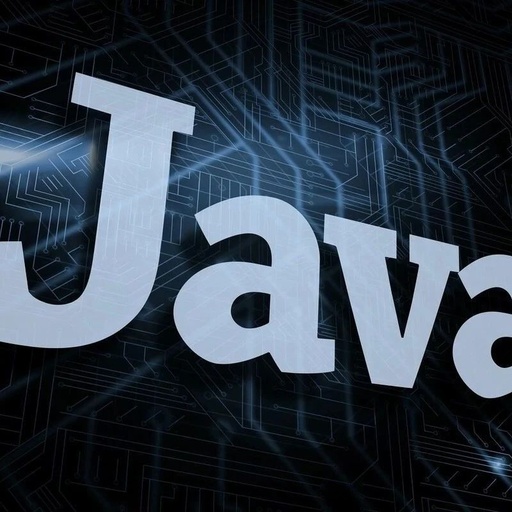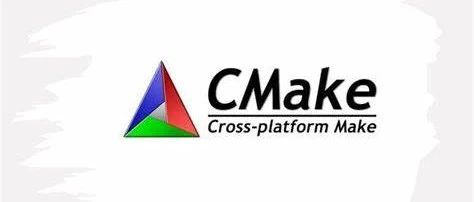Getting Started with CMake: From Hello World to Complex Projects
Hello, today we are going to delve into a topic that many people pay attention to but often do not take seriously—Getting Started with CMake: From Hello World to Complex Multi-Module Project Builds. Today, we will start from scratch and explore how to use CMake to build projects, making it a powerful assistant for managing … Read more
